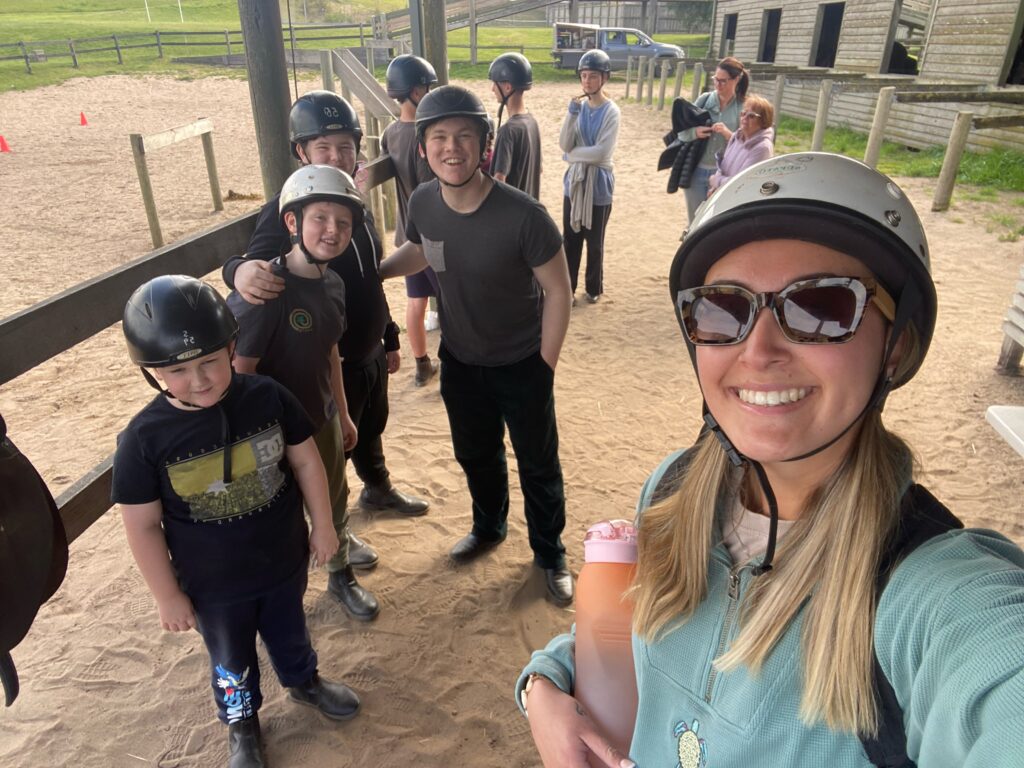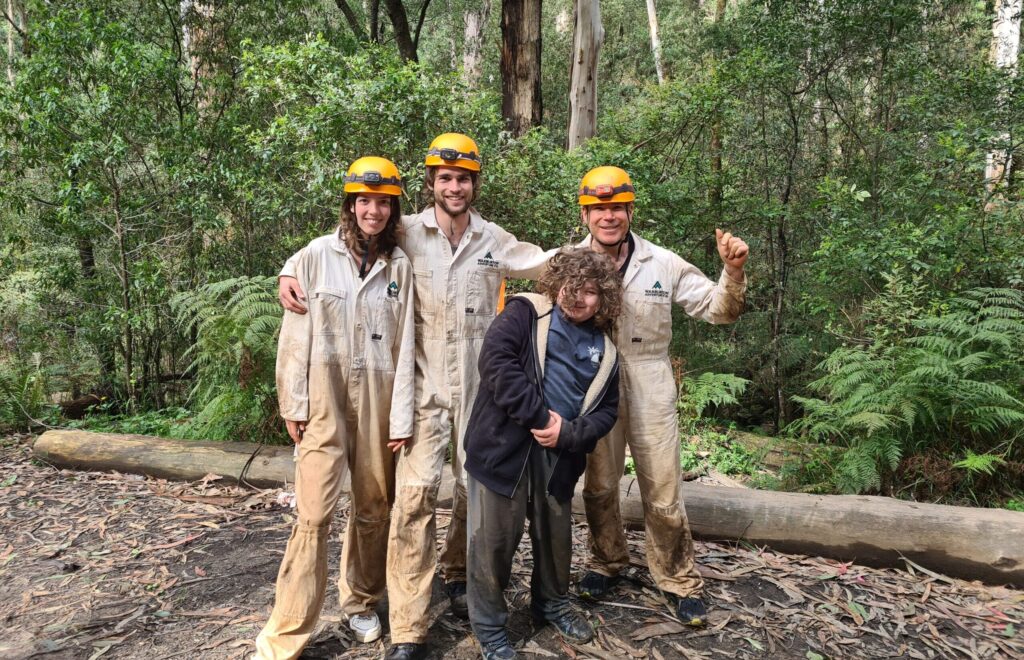Disability support workers play a vital role in the lives of individuals with disabilities, providing essential assistance and fostering a more independent and fulfilling lifestyle. In this blog post, we’ll explore the pivotal role of support workers, sharing stories and tips for both clients and prospective employees, with a focus on Adventure Care Melbourne’s commitment to making a difference in the disability support community.

**The Compassionate and Empowering Role of Support Workers**
Disability support workers are the dedicated professionals who assist individuals with disabilities in various aspects of their lives. They are caregivers, mentors, and friends, providing a wide range of services to enhance the well-being and quality of life of their clients. Here are some key elements of their role:
1. **Personal Care**: Support workers help with daily living activities, such as bathing, dressing, and eating. They ensure that clients’ personal care needs are met with dignity and respect.
2. **Emotional Support**: Beyond physical care, support workers offer emotional support and companionship. They lend a compassionate ear, fostering a sense of belonging and connection.
3. **Skill Development**: Support workers aid in skill development, helping clients acquire new abilities and fostering independence. Whether it’s learning to cook or improving communication, they are there to guide the way.
4. **Community Engagement**: Support workers facilitate community outings and activities, ensuring that clients can participate in social interactions and build meaningful connections.
5. **Advocacy**: They act as advocates for their clients, ensuring that their voices are heard and their needs are met within the community and service systems.

**Stories of Empowerment**
The work of disability support workers is often filled with heartwarming stories of empowerment and personal growth. Adventure Care Melbourne, for example, has numerous success stories where clients have thrived with the support of dedicated workers. Clients have achieved milestones like:
– Gaining independence through skill development.
– Participating in community events and outings, making new friends. – Advocating for their rights and choices.
– Discovering new interests and passions.
– Building confidence and self-esteem through emotional support.
**Tips for Clients**
**Open Communication**: Maintain open communication with your support worker. Share your needs, preferences, and aspirations. The more they know, the better they can assist you.
**Set Goals**: Work with your support worker to set achievable goals that align with your desires and ambitions. This will provide a clear path for your support plan.
**Be Involved**: Actively participate in your care plan and daily activities. Engaging with your support worker can lead to more rewarding experiences.
**Tips for Prospective Employees**
**Empathy**: To excel in this role, empathy is key. Understand the needs and feelings of your clients, and provide support with compassion.
**Training and Education**: Invest in training and education to develop the skills required for the role. Many organizations, like Adventure Care Melbourne, offer training programs.
**Adaptability**: Flexibility and adaptability are essential. Every client is unique, and being adaptable is crucial to providing personalized support.
In conclusion, disability support workers are the compassionate and empowering heroes who make a profound impact on the lives of individuals with disabilities. Their role is marked by stories of growth, resilience, and accomplishment. Adventure Care Melbourne’s commitment to making a difference in the disability support community is a testament to the incredible work of support workers who unite compassion and empowerment in their daily roles. For clients and prospective employees alike, it’s a journey of growth and transformation.

